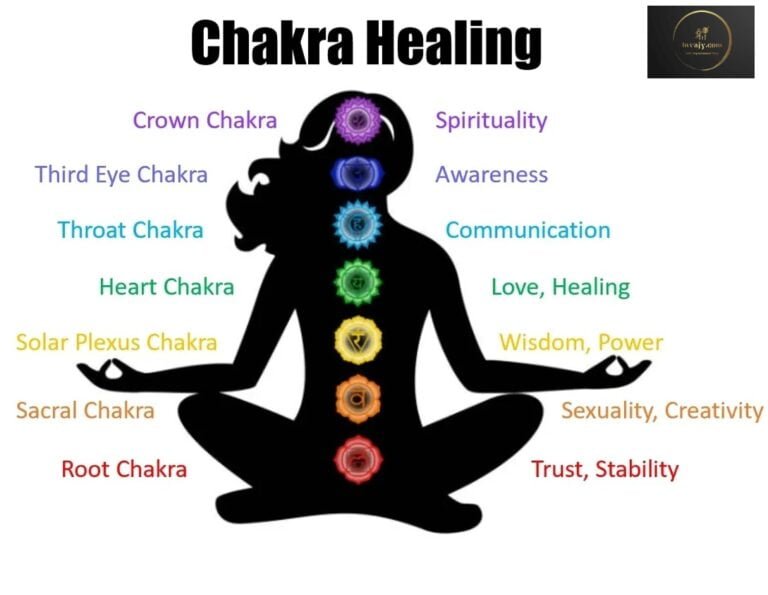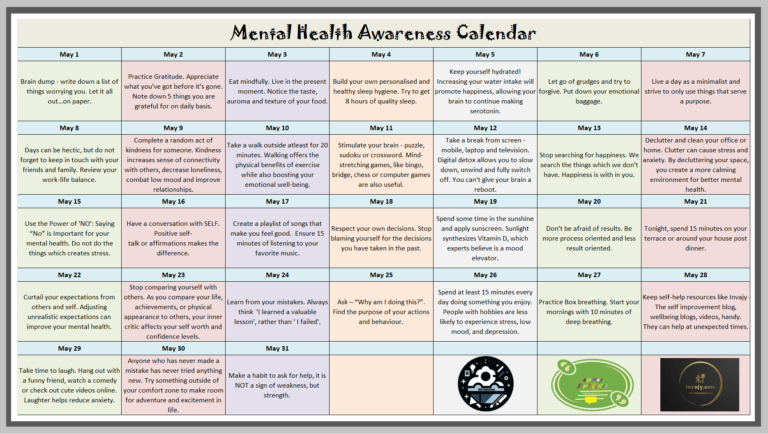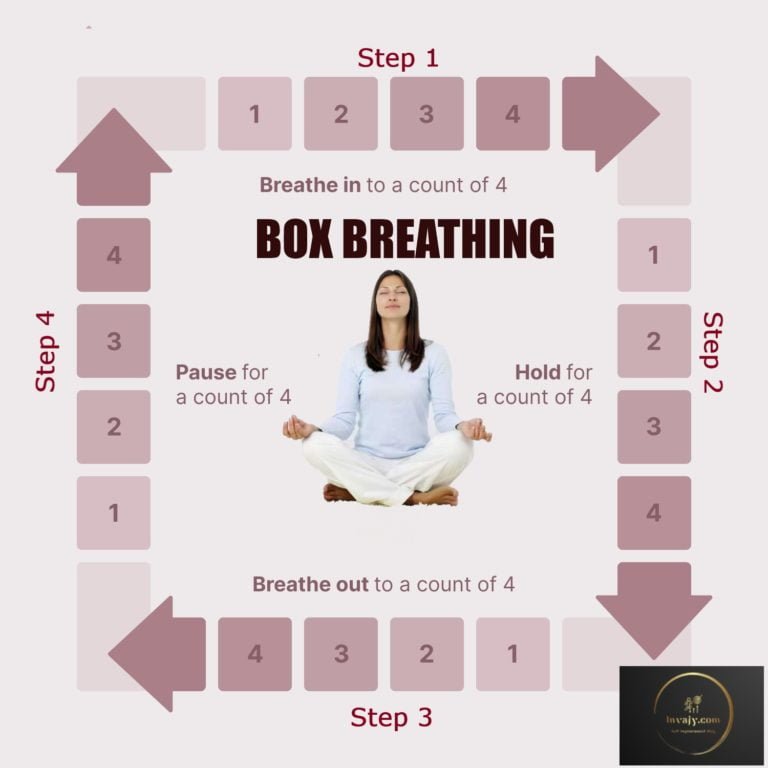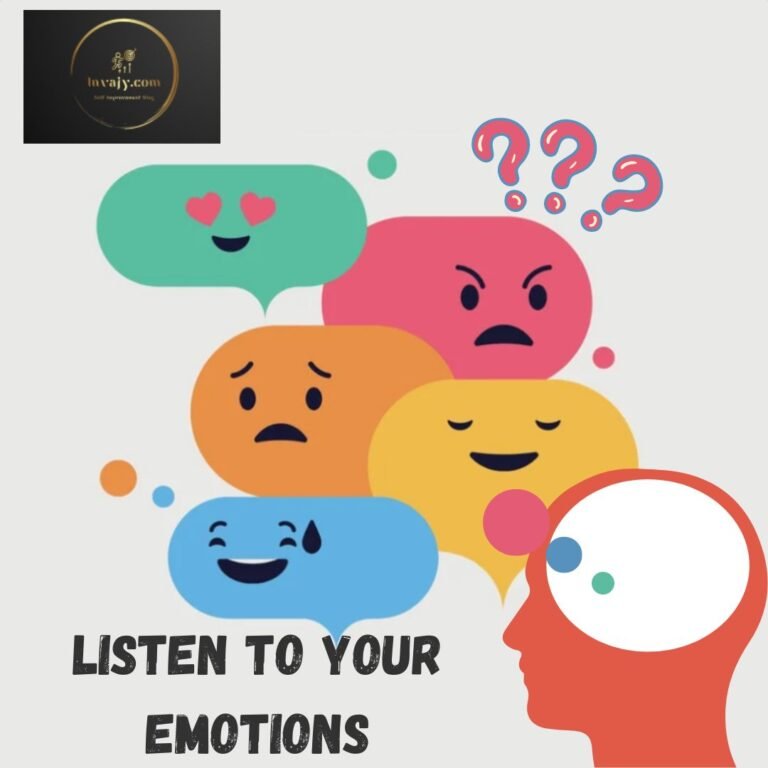Mental Hygiene for Better Mental Health
Prioritize your well-being with Mental Hygiene. Discover practices for maintaining mental health, including self-care routines, stress management techniques, and ways to foster emotional resilience.
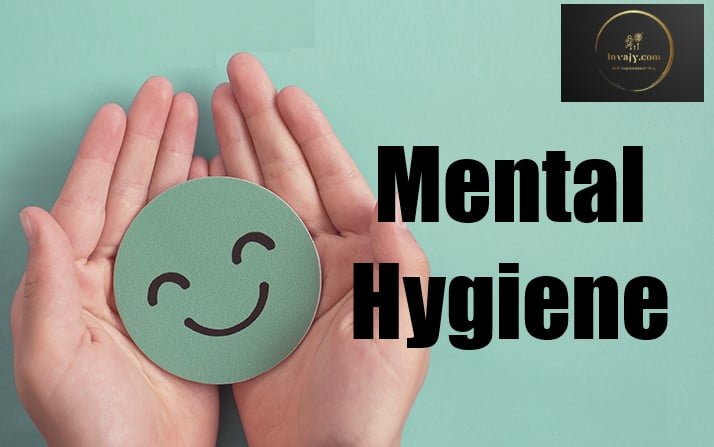
You must have heard about physical and dental hygiene, like showering and brushing your teeth daily to maintain a better physical health and dental care. Similarly you also need to do small tasks daily for better mental health. Mental hygiene includes all measures taken to promote and to preserve mental health. In this article, we will discuss some of the mental hygiene practices one can engage in, on a daily basis, to support well-being and assist in preventing mental health issues.
What is mental hygiene?
American Psychiatric Association has defined mental hygiene as “a science which suggests measures for prevention of mental illness and restoration of mental health by the cure of mental illness”
In simple words, the term “mental hygiene” refers to daily activities that support and maintain mental health. The preventive hygienic practices and healthy behaviors, those are conducive to mental well-being.

Difference between mental health and mental hygiene
Mental health is the condition of having a mind that is “healthy” and functioning “well”. Or in other words, absence of any diagnosable mental disorder. It’s a state of being mentally free from illness or injury.
Hygiene is nothing but the set of rules for good health. So mental hygiene is the science of maintaining mental health and preventing the development of psychosis, neurosis, or other mental disorders.
You can say mental health is the goal we are trying to achieve and mental hygiene is the means by which we seek that goal.
Benefits of mental hygiene
Mental health experts say, like your physical health; mental health can also benefit from a quick morning beef up. Spending even 15 to 20 minutes on mental health hygiene each day can bring a huge number of benefits.
- Improved mood
- Reduced stress
- Better relationships
- Deeper focus and concentration
- Enhanced creativity
- A Positive Self-Image
- Optimistic outlook
- Better Productivity
- Higher Quality of Life
How to build a mental hygiene routine?
Mental hygiene should be part of your daily routine and here is how you can build a mental health hygiene routine into your life.
Mental Hygiene #1 – Mindfulness
Studies show that the practice of mindfulness can be effective in reducing anxiety, depression and stress. Mindfulness is a practice whereby you become completely present—not focused on the past or the future.
Dedicate a few minutes of your morning routine to mindfulness. Just twenty minutes of morning mindful meditation session will set the tone for the day. You may practice mindful breathing, mindful body scan, or mindful hearing. Any activity can qualify, as long as you are paying attention to what you are doing while you perform the task. Personally, I practice mindful walking. I go for 30 minutes morning walk and club this physical activity with mindfulness. I pay attention to surroundings and how my body and mind feel while moving.

In fact, even brushing your teeth can become part of mindfulness session (mental health hygiene) when practiced with deliberation. Feel the sensation of the bristles against your gums and teeth. Notice the temperature of the water and the taste of the toothpaste, and be aware of what your other hand is doing.
Mindfulness is a state of being. A state of complete awareness of the present moment; without judgment. If you look around you will find the opportunities of practicing mindfulness in your daily routine activities. You may also practice mindful driving, mindful eating, mindful cooking, mindful writing, mindful parenting and even mindful dishwashing.
Mental Hygiene #2 Gratitude
In positive psychology research, gratitude is strongly and consistently associated with mental health. Gratitude can help you feel more positive emotions, relish good experiences, increase happiness, deal with adversity, and build strong relationships. It elevates your mindset to state of abundance from the state of lacking. Being grateful and appreciating small-small things can also protect you from the effects of stress.

Gratitude can be incorporated easily into your daily routine. Some simple ways to feel more grateful are –
- Keep a gratitude journal
- Appreciate the intangible
- Honor the present moment
- Perform acts of kindness for others
Mental Hygiene #3 Sleep
The effects of poor sleep extend beyond physical symptoms i.e. fatigue, lack of energy and poor performance. Sleep deprivation and disruptions have been found to alter brain chemistry, which can lead to the development of mental health disorders.
The relationship between quality sleep and mental health illness is complex. Poor sleep hygiene can intensify symptoms of depression, anxiety, and other diagnoses, as well as the other way around.

Replace the poor sleep habits and establish new ones.
- Maintain a regular bedtime each night
- Avoid eating inflammatory foods that are high in added sugar or gluten right before bed.
- Refrain from using digital screens one to two hours before bedtime.
- Use do-not-disturb settings to limit tech disruptions during sleep hours.
- Refrain from consuming caffeinated beverages in the evening or at bedtime.
Mental Hygiene #4 Kirtan Kriya (Chanting)
Kirtan Kriya is a type of meditation from the Kundalini yoga tradition. In Sanskrit, a kirtan is a song, and kriya refers to a specific set of movements. This exercise combines sounds with finger movements, or mudras; which can help induce relaxation of the brain.
Sit up straight in a comfortable position. Breathe in gently, and on the exhale say Saa, Taa, Naa, Maa. Simultaneously, you also have do to the finger motions of both the hands. Time the sound with finger motions: Saa – touch your thumb and index fingers together lightly; Taa – thumb and middle fingers; Naa – thumb and ring fingers; Maa – thumb and little fingers. Repeat with a gentle voice. Try to visualize an energizing light – like the warm rays of the sun – gently enveloping you. Do your best! If you are not comfortable with visualization, simply focus on the sounds and finger motions.
The sounds come from the mantra ‘Sat Nam’, which means “my true essence’.

You may also try chanting “Om” on the exhale. While chanting visualize “Om” symbol on the center of your forehead. By chanting “Om” energy is moved from the abdomen up to the brain. A vibration sound can be felt through your vocal cord that clears and opens up the sinuses.
Mental Hygiene #5 Physical Activities
Like sleep, exercise or physical activities are also beneficial not only for physical health but also mental health. The sedentary behavior leads to poor physical and mental health.
Exercise has been researched and validated for treating a variety of mental issues and mental health conditions, including depression, anxiety, eating disorders, bipolar disorders, schizophrenia, addictions, grief, relationship problems, dementia and personality disorders. Additionally, exercise alleviates such conditions as bad moods, stress, chronic pain and chronic illnesses.

You don’t have to be a fitness expert to reap the exercise rewards. Even simple lifestyle changes can make the difference. You can:
- Practice dance or Zumba
- Go for a walk or bike ride
- Start jogging or swimming
- Practice yoga
- Start gardening
- Walk around while talking on the phone
- Take the stairs instead of the elevator
Mental Hygiene #6 Breathing Stillness
Learn to control your breath. This is one of the best mental hygiene exercise. Sit up straight with your feet flat on the ground and hands resting on your stomach. Close your eyes and breathe in deeply through your nose, concentrating on the feeling of the air moving through your nostrils. Take two or three slow, deep breaths, focusing as you inhale and exhale, which can help pause mental chatter. You just need to do this exercise for 30 to 60 seconds. Repeat this exercise once every hour during waking hours.
You may also try Box Breathing Exercise for breathing into stillness used by Navy SEAL.
Over to You
That’s all from my side. I hope, you liked this article on mental hygiene. Please share this on your favorite social media portals with your friends and relatives.
(Medical Disclaimer: This article is for general information only. It is not intended to be a substitute for professional medical advice, diagnosis or treatment. Before adopting preventive methods/measures/treatment, please seek medical advice.)

